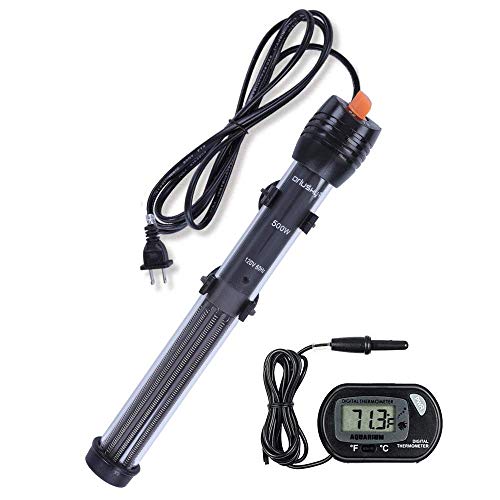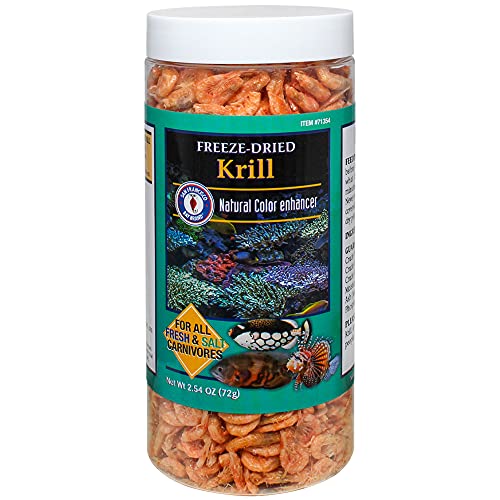I think each household has to assess it's own set of paramaters to decide how to handle things.
Newer homes with better sealing and insulation need more heavy duty solutions. Also, the surface area of open water in the household, plus the temperature of that water, all can affect just how extreme one needs to go.
In my case I tried the dehumidifier route but that helped but didn't solve the problem in the long run.
Like wethumbs, I ended up with a Lifebreath HRV (300 DCS double core unit) which is merely an air exchanger that also transfers the heat energy from the outgoing to the incoming so that in summer, you aren't having to completely re cool the incoming air and in winter, you don't have to completely re heat the replacement air.
For application in cold climates, the HRV has a bypass system to draw in houshold air instead of the outdoor air to briefly warm the HRV preventing a freeze up.
For climates that don't go more than a couple of degrees below freezing, you use an ERV which is an exchanger without the bypass capability.
In any event, it is an excellent form of getting fresh air into the household, especially when the weather demands the household be shut up for heating or cooling.
Here in Canada, many jurisdictions require (building code regulations) HRV installation in the homes built today that are now so airtight and well insulated that it becomes also a safety issue not having one.
































